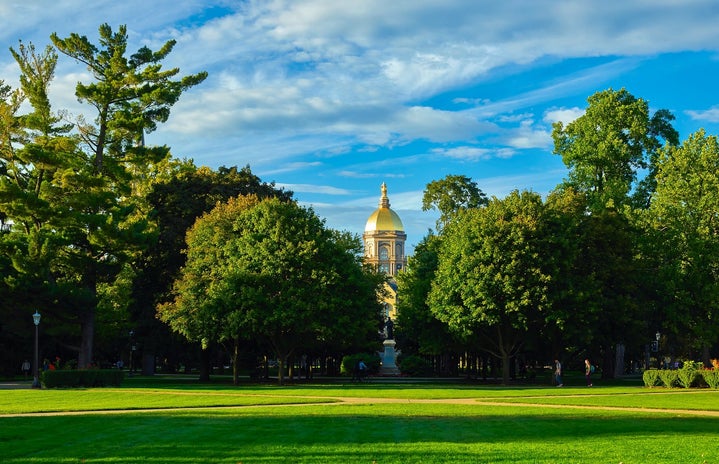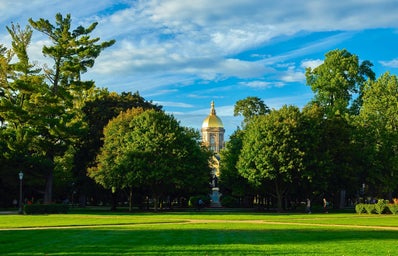I applied to Emerson College 70 percent because it was a great writing school, 20 percent because I loved the campus, and 10 percent because I knew it was a queer campus. Coming from a town in New Hampshire with the least amount of diversity in any fashion, I longed for the acceptance that I saw in TV shows. I wanted openness, young people with opinions and common issues; I wanted to relate to others. And I was so so excited to come here.
On the other hand, I was terrified, not just of leaving home, but to go to a place with an already existing label that I myself didn’t even officially use. Where I am from, you can’t say these things, you can’t reveal these things, and maybe you whisper them to friends and they don’t get it. When I told people I was going to Emerson, suddenly my sexuality inched its way into conversations. People wanted to know, “Why this school? Are you gay?” Any pride I felt suddenly turned to shame as I defended my school choice by saying, “It’s not a gay school, that’s just an evil stereoptype.”
However, inside, I was still longing for a “gay school.” I wanted to finally be in a place with people I could relate to and talk to and be an open book with. People told me this wasn’t like the “real world,” and I was totally fine with that because maybe the “real world” just needed to catch up to Emerson?
Emerson College is one of the most LGBTQ+ friendly schools in the country since the past decade and has been called “the gayest school in the country” by many people I know. I knew this before coming here, yet nothing could prepare me for the level of acceptance this school actually has.
Here are some examples:
In the dining hall, I heard someone say “What a minute, you said you’re straight?” and then dropped a plate in shock.
Someone was walking up the stairs and said outloud, “I think I might be… a homosexual…” and about 15 people said: “Same.”
I know two straight people, and queer is the default I assume.
I have nonbinary people in most of my classes, and we are very big on pronouns here.
In class, most people talk about their sexuality and gender identity because it is meaningful to them.
I love this so much. I love being able to be myself in a class and being able to write about topics I used to shred up when I was younger. I love the genuine happiness of queer people here, and the spaces for queer people that are not readily seen, and mostly, I love the person I have become.
But I also take it for granted.
I go home and act like a different person where the shame is palpable. The only queer influence I see is random couples looking for a “third” on tinder, preferrably a woman. If anyone is gay, they are known as “one of those people” and are a point for gossip and scrutiny. It’s a spectacle, and only an hour and a half away from my campus.
You look at this country and it took until June of 2015 for the U.S. Supreme Court to make same-sex marriage legal in all 50 states! That was only four years ago!
Going further out, only 4.5 percent of the population actually identifies as LGBTQ+. That is a far cry from what it feels like at Emerson, which I would estimate to be at least 50 percent.
In Iran, Saudi Arabia, Yemen, Nigeria, Sudan, and Somalia, same-sex acitivity carries the death penalty.
In some countries where homosexuality is legal, there are still several laws in place that make living openly difficult, such as in Russia where it is illegal to distribute “propaganda of nontraditional sexual relations.”
Only about 13% of UN member countries have legalized gay marriage.
These statistics are just absurd to me when I’m walking down the streets of Boston and I see tons of gender noncomforming people holding hands and kissing, and I don’t even wonder what gender they are.
So, yes, I live on my “gay” campus in a bubble almost, and now my worry is about the culture shock that will happen when I graduate. Will people accept me and my work? How much will I have to change?
I am a creative writer, my work is who I am and I strive to be an authentic version of myself that shows through my writing, and I think many others at Emerson will agree, as well as many other creative people.
I know Emerson does not match up to the “real world,” but that does not make the “real world” the right option. Openness, love, and acceptance are tenets of a happy society, and perhaps the “real world” should strive to be more like Emerson.



